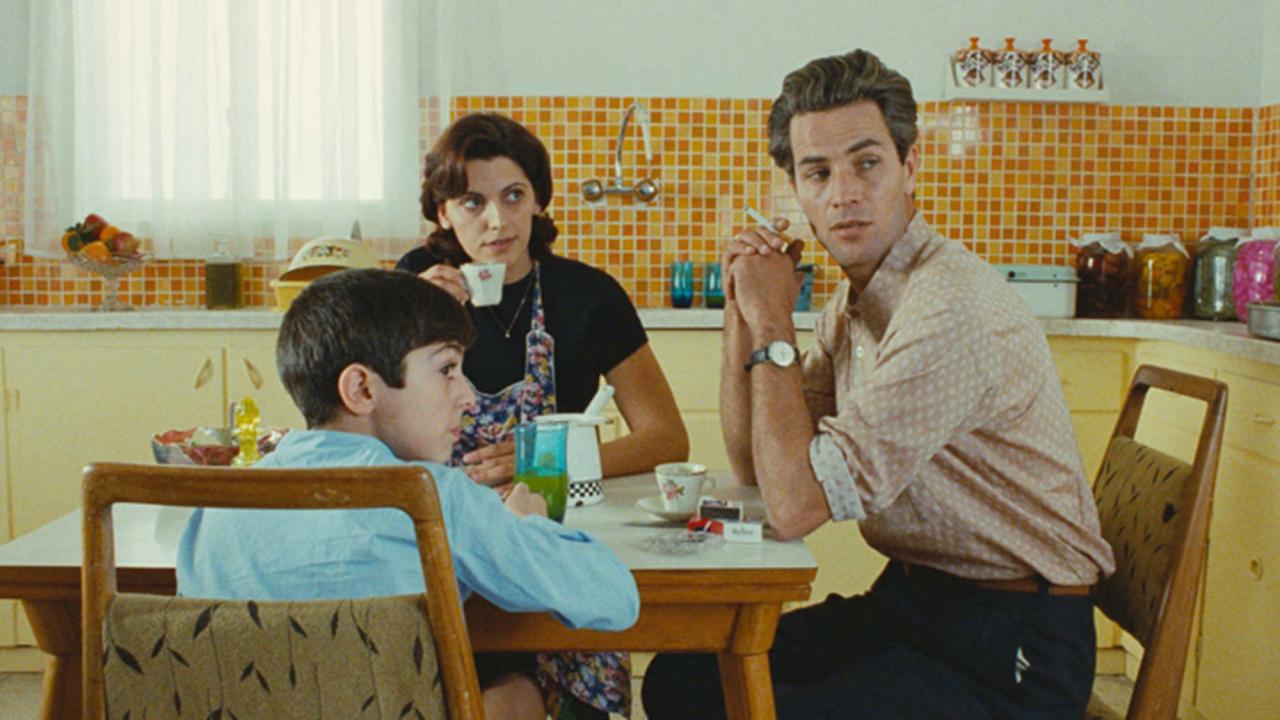While many Palestinians had to leave their homeland, there are some families that stayed within the region. One such family is that of Palestinian director Elia Suleiman. The Time That Remains is a semi-biographical film that depicts each generation of the family in excellently framed, colorful shots, but while each scene is a beauty to watch, there’s an ugly undercurrent with the way one group is treated over the other. The film contrasts the stoic actions of Elia’s father Fuad and that of the Israeli soldiers, teachers, and nurses around them, and the contrast channels a dry sort of humor that pokes at the absurdity the occupation places 20% of its citizens through. It’s a smart, subtle way to depict the rage felt by the many people that remained in the area, as well as the sadness they must have felt with the loss, the pain, and the displacement they’ve gone through.
Synopsis
An examination of the creation of the state of Israel in 1948 through to the present day. A semi-biographic film, in four chapters, about a family spanning from 1948 until recent times. Combined with intimate memories of each member, the film attempts to portray the daily life of those Palestinians who remained in their land and were labelled "Israeli-Arabs," living as a minority in their own homeland.
Storyline
The region of Mandatory Palestine, 1948-present. During the creation of the Israeli state, a Palestinian family remains in their homeland, eventually labelled as Israeli-Arabs.
TLDR
It’s easy to compare Suleiman to Wes Anderson, but should we? They have completely different points to make.
What stands out
Saleh Bakri looks and moves like he comes straight from the Golden Age of Hollywood.






